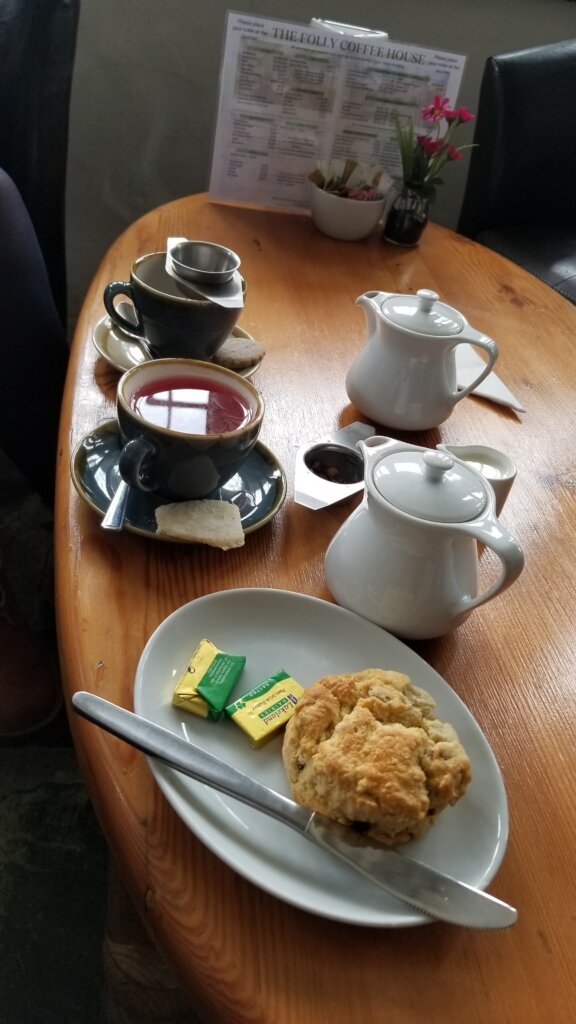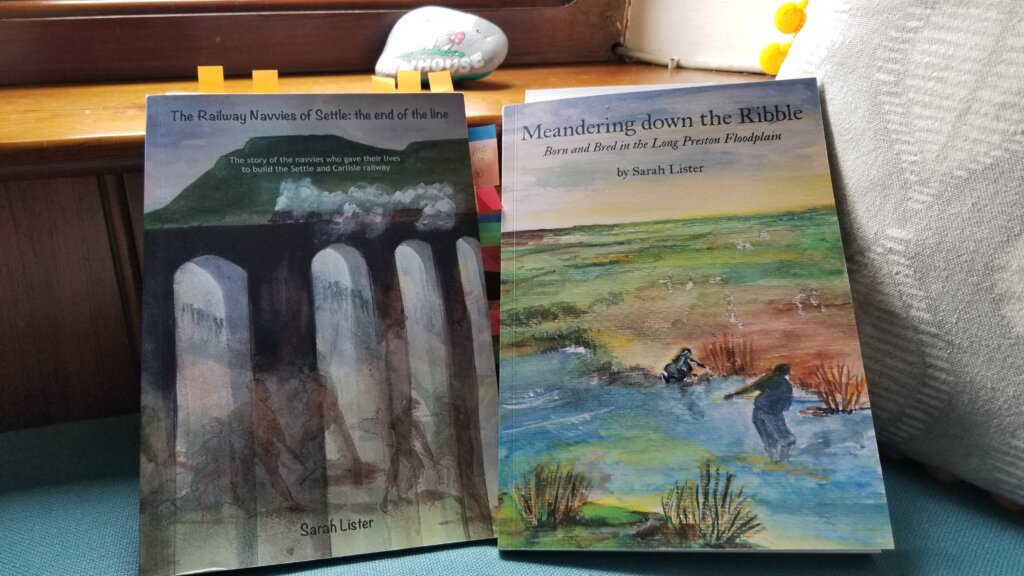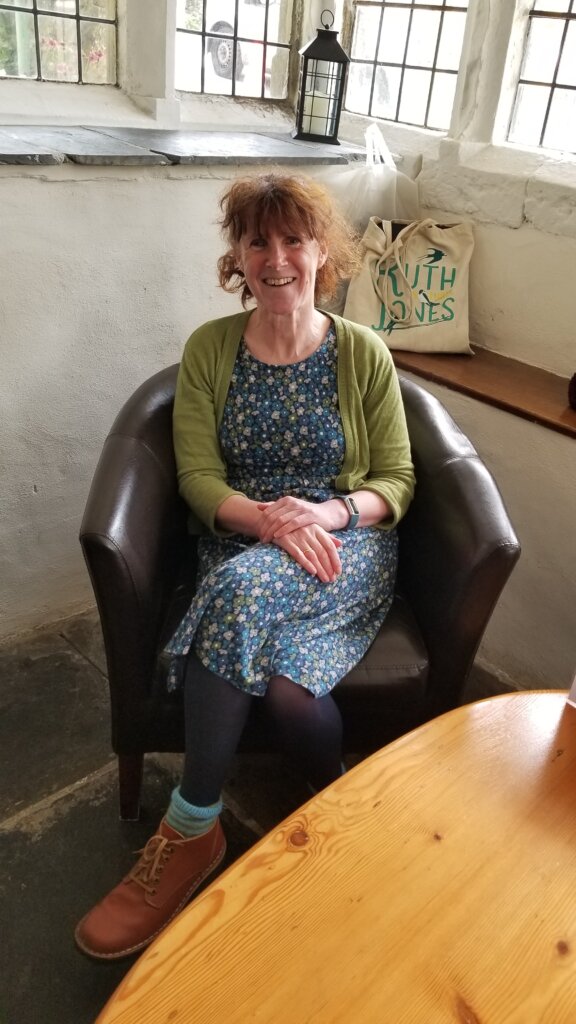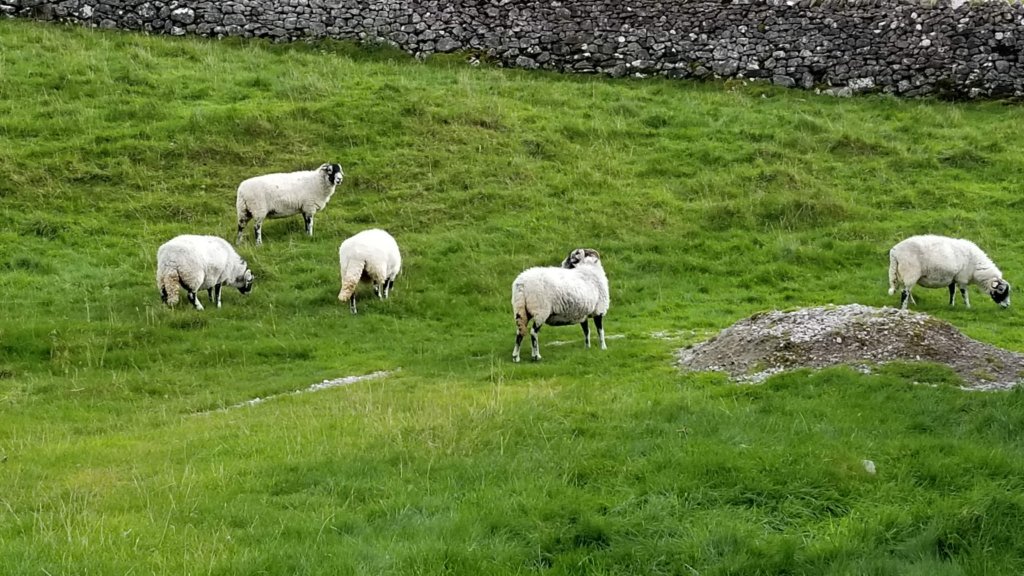
I’m too old, I’m too tired, I can’t write for hours anymore… But something won’t let me quit writing! Is there a solution?
Through a lot of trial and error, I found the solution for me: the 5-Minute Life. It didn’t just revolutionize my writing. You can also break a bad habit, or start a good habit, or rest when you’re weary—all in 5-Minute slices of your day.
Solving Problems, 5 Minutes at a Time
Want to break a habit of overeating at a meal and not stopping when you’ve had enough? After your meal, set your kitchen timer for 5 minutes and do something else. Maybe you’ll still eat more when the timer dings, but many times you won’t. The craving actually disappears in about 90 seconds, according to “habit experts.”
Want to start a new habit? Maybe lift weights, floss your teeth, write on your work-in-progress daily? Set your kitchen timer for 5 minutes, and when it dings, you can quit! Or, if you feel like going longer, you can and often will. (Getting started is usually more than half the battle, and you conquered that. Staying in motion is immeasurably easier.)
What about weariness or those pesky aches and pains? When you realize that your body is protesting, stop and set your timer for 5 minutes. Close your eyes and do deep breathing. Listen to uplifting music, something that soothes your soul. Wander around your back yard and see what’s blooming. You’ll be amazed how much 5 minutes can refresh you. (Just don’t waste it on your phone, email or social media. You’ll feel worse instead.)
“It doesn’t make sense to continue wanting something if you’re not willing to do what it takes to get it. If you don’t want to live the lifestyle, then release yourself from the desire. To crave the result but not the process, is to guarantee disappointment.” ~~James Clear, author of Atomic Habits
WELL, YES . . . AND NO.
Live the 5-Minute Life? How?
“To crave the result [the finished manuscript] but not the process [your writing habits, or eating habits, or sleeping habits, etc.] is to guarantee disappointment.”
I had a suspicion that something was wrong with my process. After floundering, I would have wonderful energetic re-starts, but the older I got, the amount of time I could stick to my writing schedule grew smaller. No matter how you take care of your health, age happens (if you’re lucky) and energy declines a bit each year.
I was sick and tired of giving up, getting depressed over NOT writing, then reading motivational books, praying hard, making check charts for the closet door to keep track of my work hours…and after a week or so, quitting again.
When younger, I could keep a rigorous writing schedule while teaching and raising kids, but not now at 71. I wanted to live the process and love it, but I found myself no longer able. [And it still bugs me to admit this.] Did that mean I had to quit writing books? It was beginning to seem so.
But, but, but…
What if I could invent a writing process that I COULD fall in love with all over again? When I started writing and publishing in 1983, I had to work my writing around a newborn, a toddler, and a newly adopted boy from Korea who spoke no English. But I found a writing process (writing in bits and pieces) that worked for me then, so I launched my career (while we added yet another baby.) Many of those experiences became my two writing books, Writer’s First Aid and More Writer’s First Aid.
The More Things Change…
. . . the more they stay the same.
I’m no longer scrambling for bits of time in the same way. But getting started writing when not feeling well or when busy with volunteer and grandchildren activities still takes some grit. However, writing or marketing for five minutes is doable for anyone.
Yes, more than half the time, my 5-minute chunks of writing or marketing stretched into 30-45 minutes. Even when it didn’t, though, I was astounded by how much I could do in 5 minutes–just like I had trained myself to do during the baby years. I started giving myself high fives for every bit I wrote. Silly maybe, but it worked!
Where There’s a Will
I stop for different reasons now, of course. It’s not because a toddler fell and cut her lip or a baby needs changing. It is more often the aches in my wrists [shattered left wrist in 2017 and broken right hand in 2019] that crawl up my arms. But while stopping is different, starting is remarkably similar.
Give it a shot and see! Live the 5-Minute Writing Life!
 Day 8, May 16, England: Fun day today! My writing morning flew by, and this afternoon I had tea and scones at a museum coffee house with another writer friend, Sarah Lister. We met at The Folly, a café within the museum. I’m attending her school presentation tomorrow at the local church graveyard.
Day 8, May 16, England: Fun day today! My writing morning flew by, and this afternoon I had tea and scones at a museum coffee house with another writer friend, Sarah Lister. We met at The Folly, a café within the museum. I’m attending her school presentation tomorrow at the local church graveyard. 






 I just returned from a research trip in the Yorkshire Dales in northern England, the setting of my historical work-in-progress. It was my second time to stay in this small village, whose buildings date back to the 1600’s. I wrote, I visited museums, and I hiked the hills two or three times each day. I will never get tired of the beauty of this area. Both years I especially loved the sheep. Fluffy white ewes dotted the high green fells and stared at me from beyond dry stone walls.
I just returned from a research trip in the Yorkshire Dales in northern England, the setting of my historical work-in-progress. It was my second time to stay in this small village, whose buildings date back to the 1600’s. I wrote, I visited museums, and I hiked the hills two or three times each day. I will never get tired of the beauty of this area. Both years I especially loved the sheep. Fluffy white ewes dotted the high green fells and stared at me from beyond dry stone walls.






